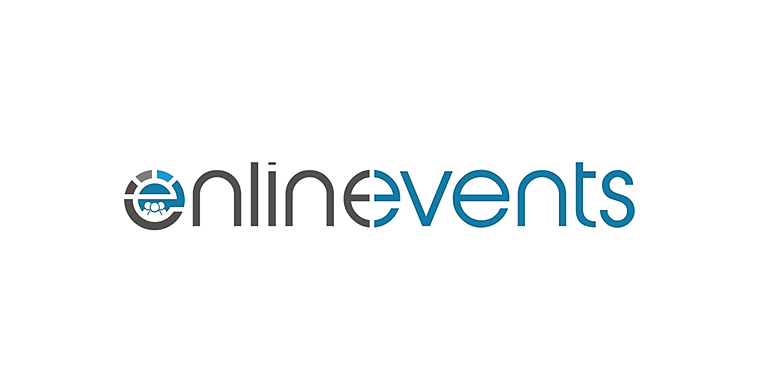Living and Working with Neurodivergence: Mental health and Wellbeing – A Conference for Trainers, Practitioners, Students and Academics

Course Content
Presenter
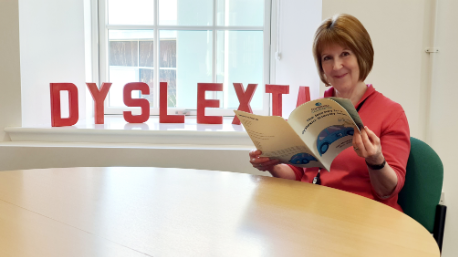
Cathy Magee is Chief Executive of Dyslexia Scotland, the national voluntary organisation which aims to enable people with dyslexia to reach their potential in education, employment and life. Cathy has been in post since October 2007.
Her background prior to this includes 4 years on secondment to the then Scottish Executive Health Department, managing the National Health Demonstration Projects programme; over 20 years voluntary sector experience working at local, national and international levels (including Save the Children, Wester Hailes Adventure Group, Voluntary Service Overseas in Nepal, Volunteer Development Scotland and the Stirling Health and Well-being Alliance); as well as teaching English as a Foreign Language for 2 years in France. Her roles have included managing volunteers, staff, community development projects and after school clubs involved in addressing inequalities, improving health and well being and informal adult education and basic literacy, as well as national policy development, implementation and dissemination.
Her interest in dyslexia first began while working at Save the Children with children with learning difficulties in an After-school Club in Muirhouse, Edinburgh.
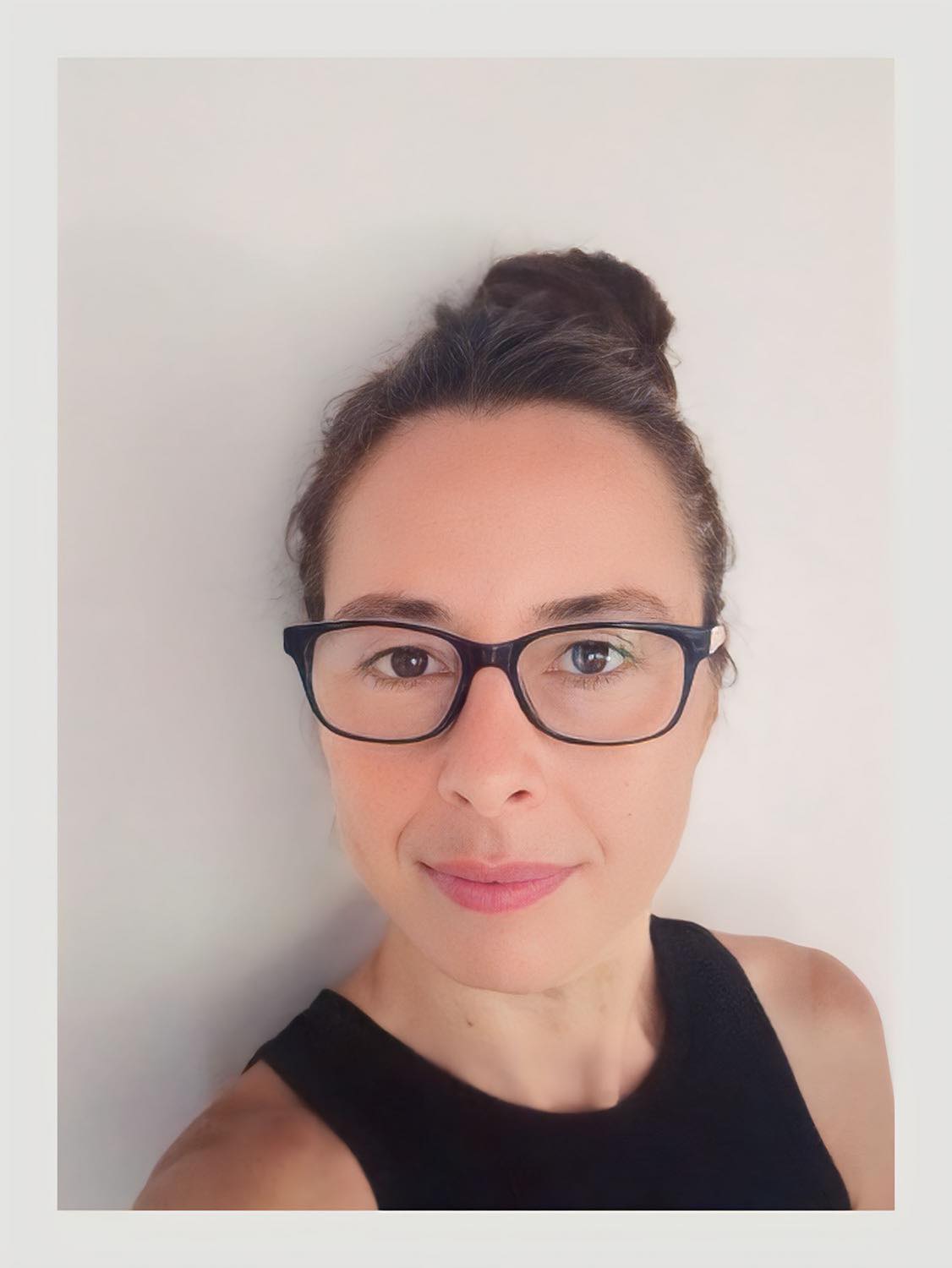
Dr Francesca Bernardi (PhD, FRSA, MA, QTS), is a creative facilitator and coach, community artist, writer and advocate. She trained in Art and Design education and therapy and has worked as a teacher and artist-in-residence in schools, alternative provision and further education. She most consistently engages in multi-disciplinary research, setting up creative environments for critical participatory work with marginalised communities. Francesca has published international research on arts-informed methodologies, autism, childhood and children’s rights; is founding chair of the Antonio Gramsci Society UK, international board member of the Disability Without Abuse Project (Los Angeles), Councillor and Fellow of the Royal Society of Arts (RSA) and Associate Member of CATA (Canadian Art Therapy Association). Francesca is a Visiting Lecturer in Childhood Studies and Research Methods at the Carnegie School of Education (Leeds Beckett University) and Arts Therapies at the University of Roehampton, Francesca is also a translator (Queen’s University Belfast; Routledge).
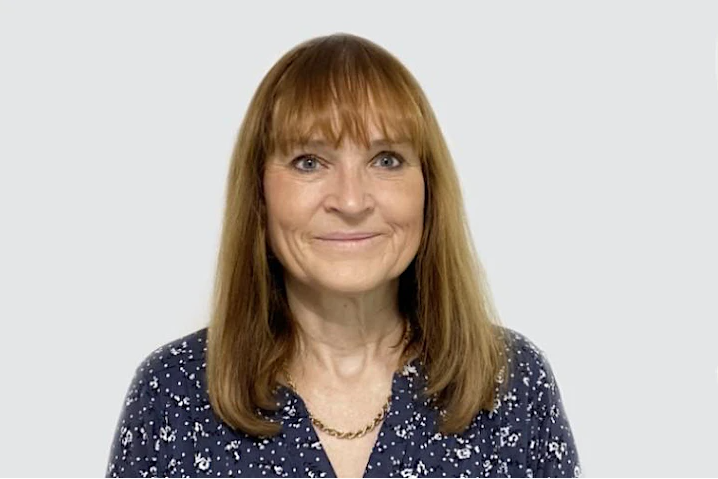
Dr Judy Eaton is a Consultant Clinical Psychologist who has extensive experience of assessing, diagnosing, and working therapeutically with adults, children, and families across the ability spectrum; specifically, those who are Autistic, have attention deficit hyperactivity disorder (ADHD), Pathological Demand Avoidance (PDA), and generalised learning disabilities. Judy’s clinical practice is strongly influenced by systemic family therapy, and she is trained in Eye Movement Desensitization and Reprocessing (EMDR) which she uses successfully to work with Autistic people who have experienced trauma. Judy is the author of ‘A Guide to Mental Health Issues in Girls and Young Women on the Autism Spectrum’.
Cathie and Judy deliver Advanced Autism Training for social workers, and both contributed to the recent publication by BASW ‘Fabricated or Induced Illness and Perplexing Presentations – Abbreviated Practice Guide for Social Work Practitioners’. In collaboration with Health Education, NHS England, they are producing a training video for General Practitioners on older Autistic adults.
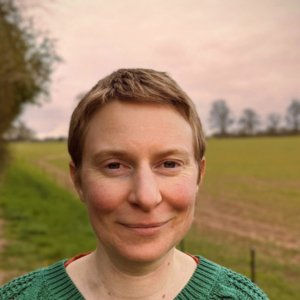
Ellie Finch, MA, MBACP (Accred) is a counsellor and social worker who specialises in supporting parents and siblings of children with additional needs. She provides consultancy and training to professionals and organisations who wish to use video games in their practice.
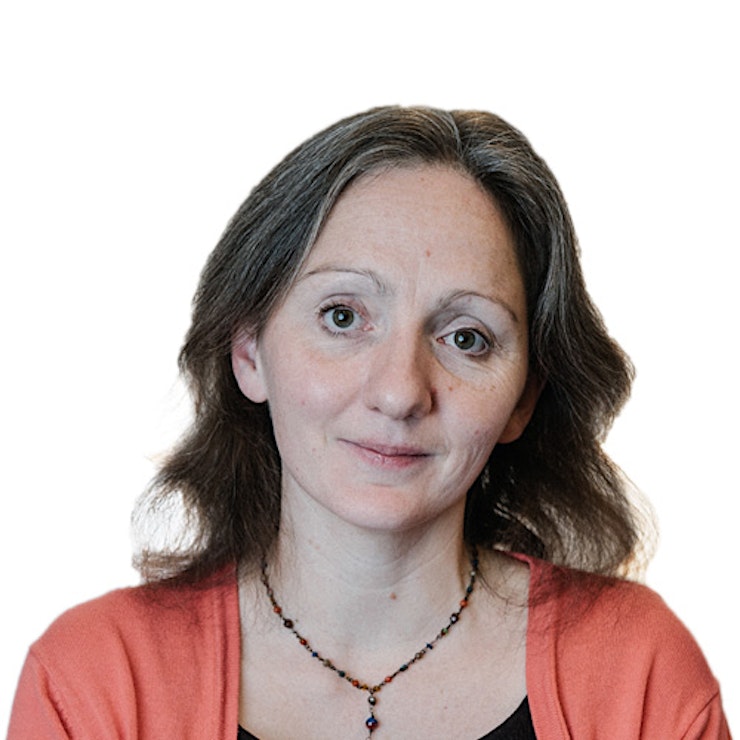
Dr Emma Taylor is a Clinical Psychologist with over twenty years of experience working with neurodivergent adults and children in clinical, diagnostic and academic contexts. She works therapeutically with adults of all ages, genders and neurotypes, as well as carrying out formal diagnostic assessments for autism and ADHD, and providing supervision to other therapists. She has been practising mindfulness for twenty years, and uses it as part of her therapeutic work.
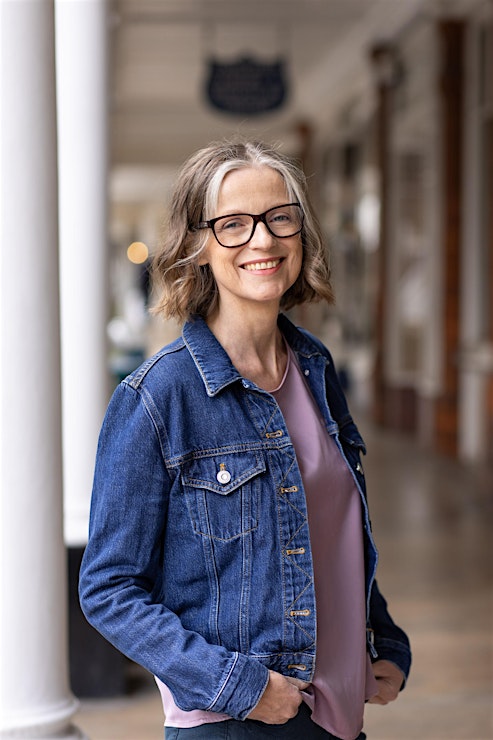
Eppie Wells, a person-centred psychotherapist with a specialization in trauma therapy, will facilitate these sessions. She brings a wealth of experience and understanding to the table, both from her professional background and her personal experiences as a neurodiverse individual with dyspraxia.
Her qualifications include:
*Pluralistic person-centred counselling degree
*Certified brainspotting (BSP) consultant
*Breath worker
Eppie’s background as a former Citizenship and English teacher, together with her extensive career in health and social care, combined with her experience in supporting student counsellors, uniquely positions her to guide participants through this reflective and transformative process.
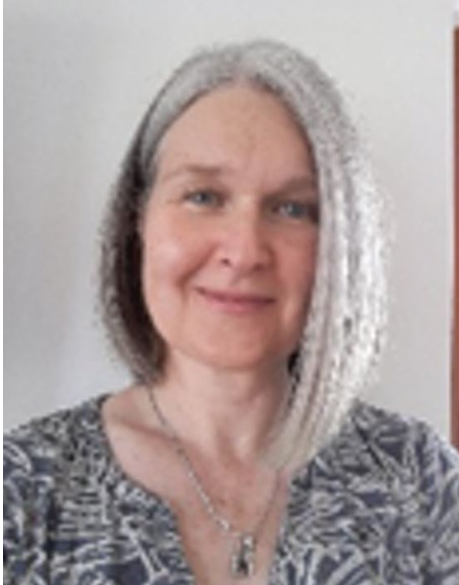
Hilary McNally is a Pluralistic Counsellor at the University of Abertay, Dundee will be presenting a Research in Practice paper titled: “Exploring the experience of counselling students in the use of deliberate practice.”
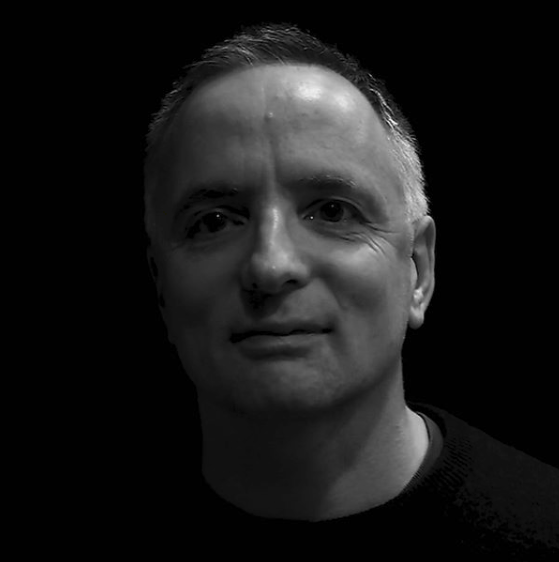
Jonny is an informal researcher, coach and dialogue facilitator, influenced by a life of Eastern and Western disciplines including in contemporary fine arts, dialogue and spiritual practice. After a diagnosis of Asperger Syndrome he trained in Coaching and Autism studies, then formulated the Autism Dialogue Approach® and Mindfulness for Autism (M4A).
Dialogic Action CIC was founded by a team of autistic people, academics, philosophers, coaches and third-sector experts, who believe generative dialogue is a framework for moving beyond individual consciousness into an emergent wholeness, and the key to a more harmonious existence.
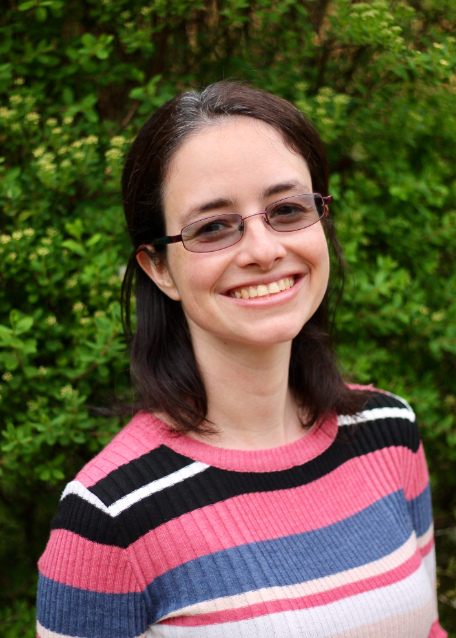
Karin Brauner is a twice published author, a bilingual coach/counsellor/psychotherapist, as well as a supervisor in private practice. She trained in Guatemala and in Brighton, England. Karin has always been interested in many areas, which focus on her training as a therapist, but also her passion for writing and IT. These have led her to have a variety of services and product offerings, which she keeps adding to. These include social media marketing and content creation, as well as website support, tutoring, academic support, and other areas.
Karin is passionate about everything she does, and she enjoys seeing her colleagues and clients thrive in their work and lives. This is why she’s offering these workshops (and other courses to come in the near future). She enjoys supporting people be the best they can be, meeting them right where they are, and together figuring out what the best way forward is.
Marketing on social media became a focus of Karin’s back in 2017, when she started blogging. This propelled her practice into moving from 2-4 clients, to a full client list, followed by supervisees and now coaching clients as well. This means she can now offer the learning she’s done in the past few years, to practitioners starting their practices or thinking of growing their practices but needing the practical support to do so.
That’s what Karin offers – practical support to get you on the right track to building a successful business (whatever that means to each one of us individually).

Lesley Dougan (She/Her). Hi, I am a Neurodivergent person-centred therapist, supervisor and educator. I began working in mental health in 1996 and am experienced in working with children, young people, and adults across the lifespan. I spent 18 years working within a Learning Disabilities CAMHS Team and am passionate about providing equitable access to disenfranchised clients. I qualified as a counsellor in 2012 and as a supervisor in 2021. Until February 2022, I worked as a specialist counsellor at The Alder Centre, working with anyone impacted by the death of a child. I have been the programme lead MA Counselling & Psychotherapy Practice at LJMU since 2017, and I have a small private practice. I am completing a Professional Doctorate in Counselling and Psychotherapy Studies at Chester University.
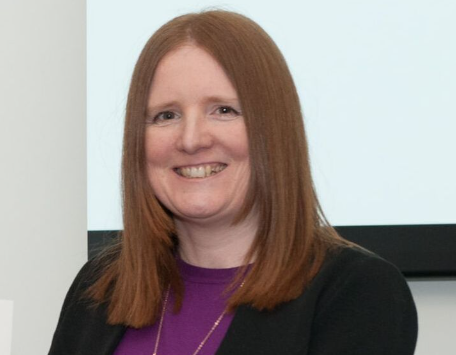
Lisa is autistic Person-Centred Counsellor and works predominantly with autistic clients, will be presenting a Research in Practice PowerPoint and chat titled: “The Roots of the Autistic Mind: the efficacy of utlising the Pluralistic approach when working with individuals.” Lisa will also be presenting a 60-minute Practice into Research PowerPoint and chat titled: “Autistic Masking: learning how to understand and assist a client in deciphering making behaviours.”

As a queer and autistic therapist and supervisor in private practice, I have always been fascinated by themes of creativity, identity, and otherness, and how we find our place in the world. I specialise in working with neurodivergent and/or LGBTQIA+ clients who are exploring similar issues, and I also supervise a range of professionals.
My interest in neurodiversity developed during my ten years working in a university disability support service. Despite coming from a multiple neurodivergent family and suspecting dyslexia and dyspraxia were part of my profile, my autistic identity remained unknown to me until 2019. I was experiencing autistic burnout at the time, and my therapist asked if I had ever considered being autistic.
Since then, I have gone through a process of grief, unlearning, compassion, understanding, reconnection, and acceptance, which has allowed me to rebuild a life that is tailored to meet my needs and support all aspects of my identity. This process has been tough and continues to be ongoing, but it has been the single most healing thing I have done for myself. Knowing my queer, autistic self has opened new spaces and possibilities. I am passionate about the importance of making space for our intersectional identities and the context in which we exist with them, both for ourselves and our clients.
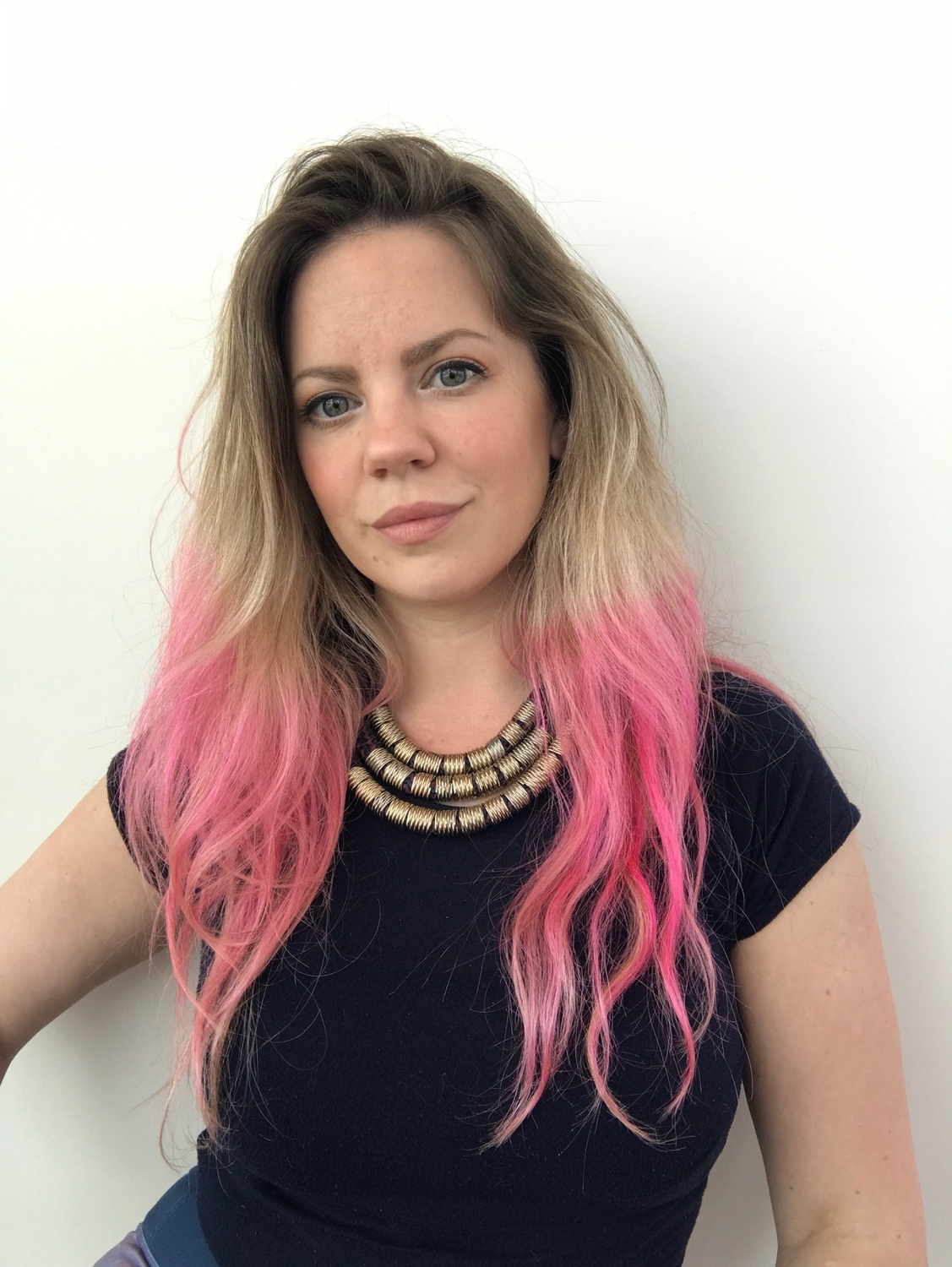
Rachel Jane Cooke (she/they), MA, is a queer, integrative psychotherapist, supervisor and educator from Ireland, in practice since 2009. She is based in London, runs an online therapy platform (p-therapy.com), consults to charities and social enterprises, and has a weekly radio segment where she often discusses identity, privilege and oppression. She regularly speaks on podcasts and hosts talks and workshops for the public, for therapists and for organisations on topics such as intersectionality, trauma, attachment, health and wellness under neoliberalism, embodiment, feminist therapy and Gender, Sexuality and Relationship Diversity (GSRD). Rachel is passionate about training therapists committed to social justice, particularly through embodied and relational practice.
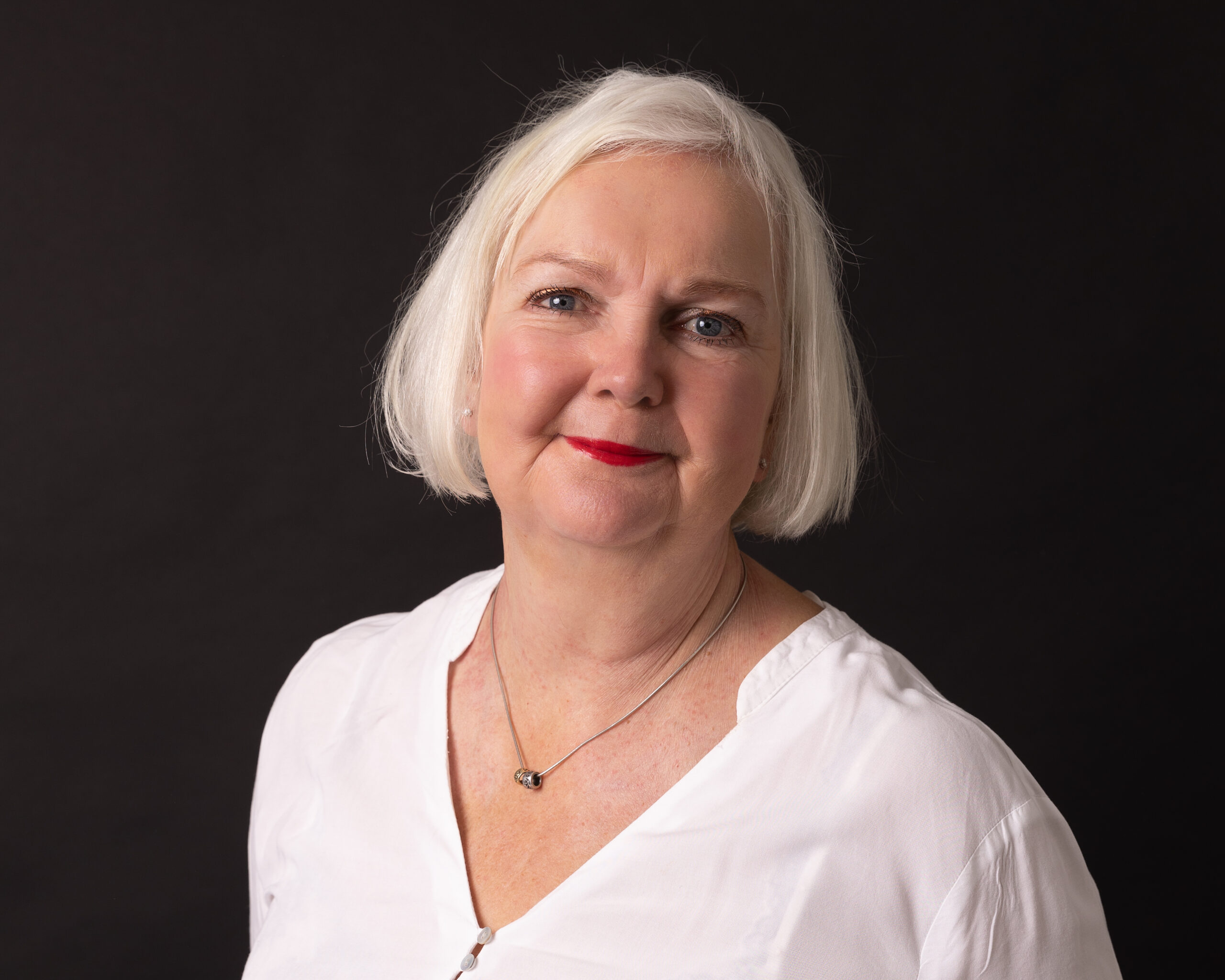
Sarah is the founder of The Weller Way, a family relationship coaching practice which specialises in supporting families with neuro divergent children.
The Weller Way delivers coaching throughout the UK, face to face and online, on a one to one basis, as well as Group workshops and Talks for Corporate Wellbeing programmes and Schools.
Sarah has many years of experience and training for her roles in supporting young people and families in the Mental Health and Homelessness sectors prior to founding The Weller Way, and is familiar with working alongside Social Services, Schools, CAMHS, community mental health teams and specialist providers.
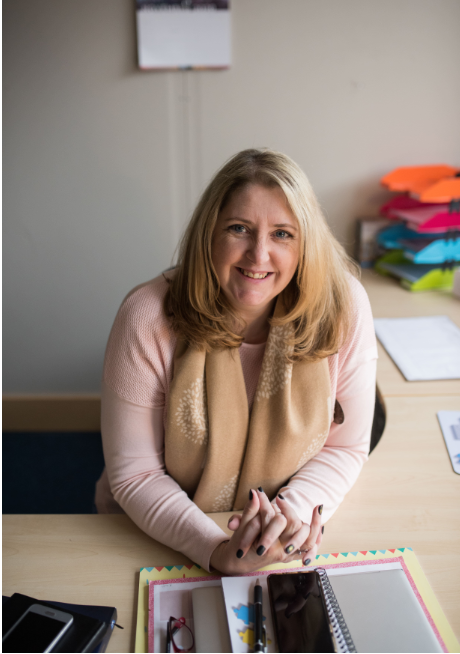
As a private practioner of many years, I have had the privilge of working and supporting the neurodiverse community, mainly autism, aspergers and dyslexia. My clients range from indivduals, couples and young people, I am PCT trained however I have used various modalities and creative ways within my clinical practice to meet the client’s needs when required.
I have been assessed over the years for an intellectual learning disability, called Dyslexia. My personal experience of being dyslexic has been very mixed over the years, however I find that as a visual learner I can incorporate my expereince of dyslexia into my clinical pratice.
Doodling is part of my self care routine and I believe that anyone can doodle. So please grab some paper a pencil and come along and have some downtime. I’m telling you this workshop is the quietest, most calming one you might attend, plus you get to have some fun with others.
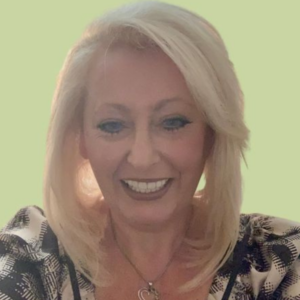
MSc Psychotherapy, Certified Transactional Analyst, Certified Cybertherapist, PGCDip Counselling. UKCP registered Psychotherapist.
Vauna is a Psychotherapist, Coach, Trainer, and Clinical Supervisor. She has been seeing clients for over 20 years in private practice, and for 4 years in NHS primary care, and now works solely online. Discovering herself, at over 40 years old, that she is Autistic with ADHD, she turned her interest toward understanding neurodiversity and working well with neurodivergent clients. As well as drawing on lived experience, and the insights from some small courses, she is embarking on a postgraduate study of Autism from Autumn 2022.
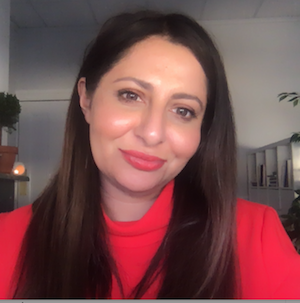
A creative counsellor with a late diagnosis of Dyslexia, ADHD, and Dyspraxia, I assist individuals, families and teens with ADHD in developing self-advocacy and emotional regulation skills using my Polyvagal Teen® resources and programs.
With the exponential increase in ADHD diagnosis I often ponder, – is society’s neoliberalism capitalistic expectations a contributor to this “disorder”? I dont have the answers but through these conversations I have created space for discussions. My diagnosis has given me the confidence to speak out against societal norms that do not cater to my brain’s functionality and embrace my creativity.
Through my lived experience, especially with education and research on trauma’s impact on gene expression and epigenetics, I will share with you why I believe my childhood and intergenerational trauma has contributed to my differences, and how my labels validate my experience.

